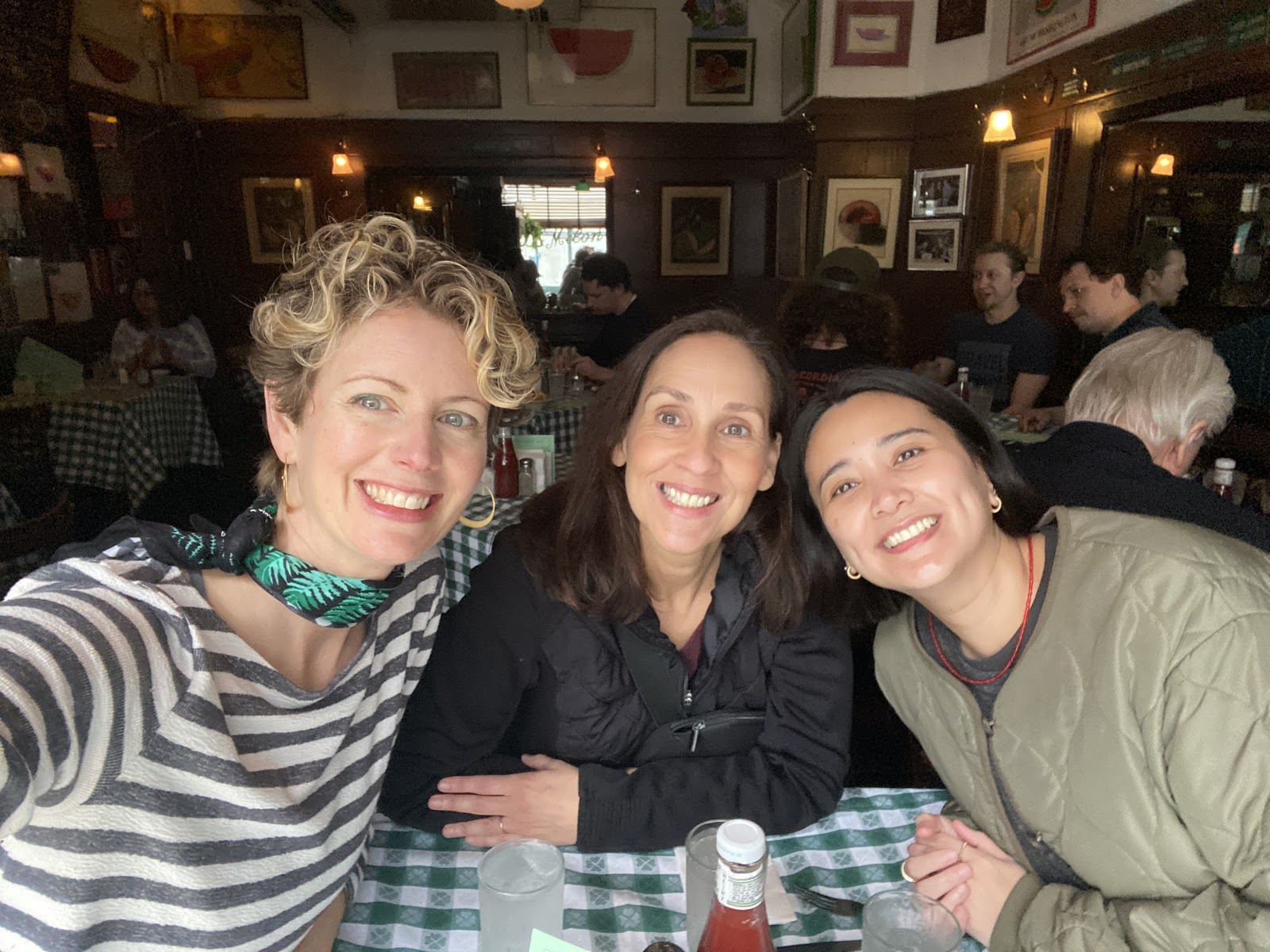Q&A with Charissa, Software Engineer at Thriveworks
Q. What was the moment that redefined your career (or life in general)?
A: For 15 years, I was a nurse—loving parts of it like helping patients and working with amazing colleagues, until burnout crept in and I started dreading my shifts. Deep down, I always knew nursing wasn't my forever career but, as a responsible adult in my late 30s with bills to pay, I wasn't about to walk away from stability without a plan. So I stayed, convincing myself it was just a rough patch.


Then COVID happened. The ambulatory surgery center I worked at shut down, I got laid off, and instead of panic, I felt relieved—like I'd finally been given permission to let go. When I told my family, they skipped the sympathy and went straight to "Finally," encouraging me to find what I actually wanted—partly because they cared, partly (I suspect) because they were tired of my complaining.


Problem: I had no idea what I wanted. While I enjoyed photography, music, and art, I knew turning hobbies into sustainable careers rarely works out. On my own, I started exploring options and found coding interesting. I learned the basics and more. I really got into it. My family—equal parts annoying and supportive—connected me with experts in the field. That's how software engineering found me: challenging and structured yet constantly evolving, it felt like something I wanted to do in the long-term.
Coding bootcamp was humbling. I was one of the oldest students, surrounded by young Ivy League graduates. Job hunting was even worse—40–50 applications a week, endless rejections, interviews where I walked out knowing I had bombed it. But I kept going. A few months later, after what felt like a million dead ends, I finally got an offer.
It wasn’t a straight path, and I second-guessed myself at every turn. But I don’t regret taking the leap. I just wish I’d given myself permission and found this happier state sooner.

Q: What guiding principles or lessons have helped you navigate career changes and life transitions?
A: Honestly, I was figuring things out as I went. And really, just grateful to have a supportive network. If I had to distill what I’ve learned, here’s what I got.
Redefine Your Own Path: A Practical Guide for People Who Overthink Everything
• Let go of the labels
Try this: The next time someone tries to put you in a box—“You can’t switch careers at 37”—pause. Instead of explaining yourself, just say, “I’m figuring it out.” No justification needed.
• Define success for yourself
Try this: Write down what success actually looks like for you, not what your friends or LinkedIn think it should be. Stick it somewhere visible. When it stops feeling true, update it.
• Get comfortable being bad at things
Try this: Sign up for something you’re terrible at—a pottery class, a coding workshop, a dance lesson. It’s weirdly freeing to do something with zero pressure to be good at it.
• Curate your people
Try this: List five people who make you feel capable and two who drain your energy. Make an effort to spend more time with the first group and less with the second. Small shifts, big difference.
• Do the slightly scary thing
Try this: Pick one thing outside your comfort zone—not terrifying, just uncomfortable. Do it. Repeat next week. Growth happens in small steps, not grand gestures.
• Look backward, not just forward
Try this: Every Friday, write down three things you couldn’t do a month ago that you can do now. Even if they seem small. Progress isn’t always obvious in the moment but it’s happening.



